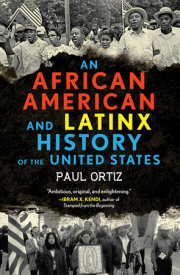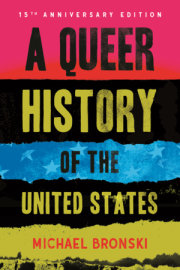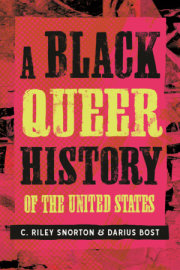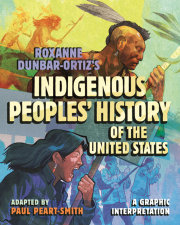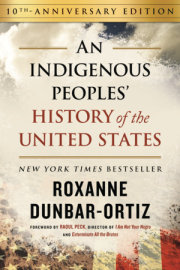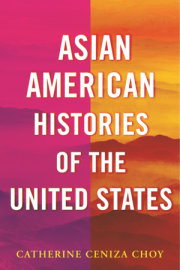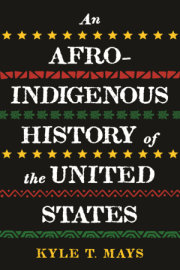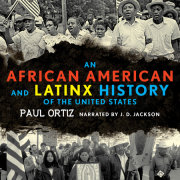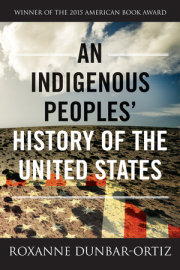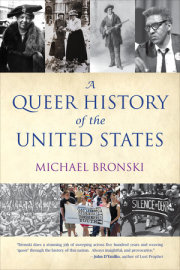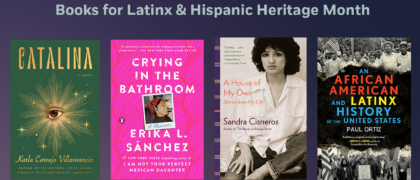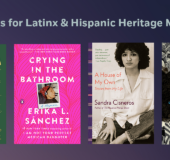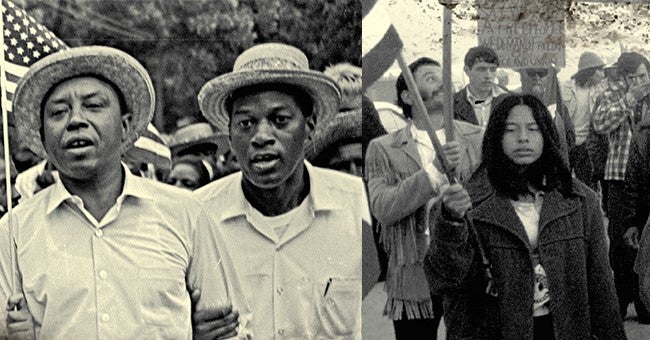Author’s Note
INTRODUCTION
“Killed Helping Workers to Organize”
REENVISIONING AMERICAN HISTORY
CHAPTER 1
The Haitian Revolution and the Birth of Emancipatory Internationalism, 1770s to 1920s
CHAPTER 2
The Mexican War of Independence and US History
ANTI-IMPERIALISM AS A WAY OF LIFE, 1820s TO 1850s
CHAPTER 3
“To Break the Fetters of Slaves All Over the World”
THE INTERNATIONALIZATION OF THE CIVIL WAR, 1850s TO 1865
CHAPTER 4
Global Visions of Reconstruction
THE CUBAN SOLIDARITY MOVEMENT, 1860s TO 1880s
CHAPTER 5
Waging War on the Government of American Banks in the Global South, 1890s to 1920s
CHAPTER 6
Forgotten Workers of America
RACIAL CAPITALISM AND THE WORKING CLASS, 1890s TO 1940s
CHAPTER 7
Emancipatory Internationalism vs. the American Century, 1945 to 1960s
CHAPTER 8
El Gran Paro Estadounidense
THE REBIRTH OF THE AMERICAN WORKING CLASS, 1970s TO THE PRESENT
EPILOGUE
A New Origin Narrative of American History
Acknowledgments
A Note on Sources
Notes
Index


